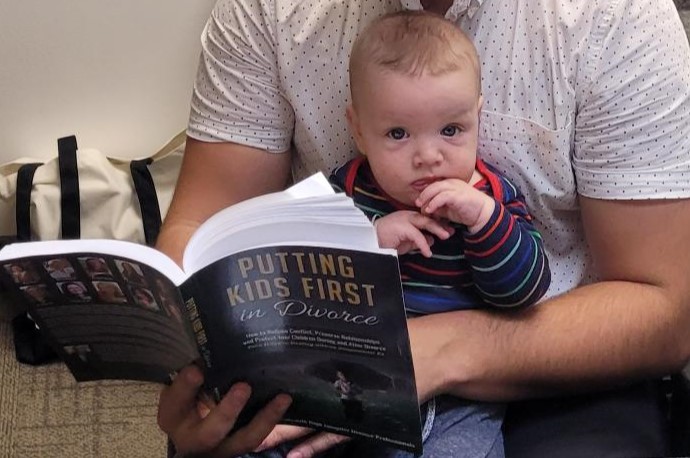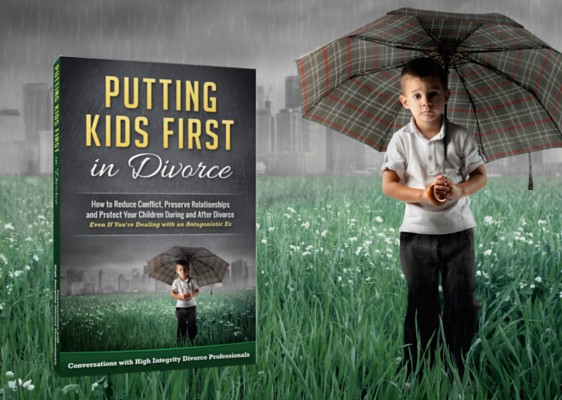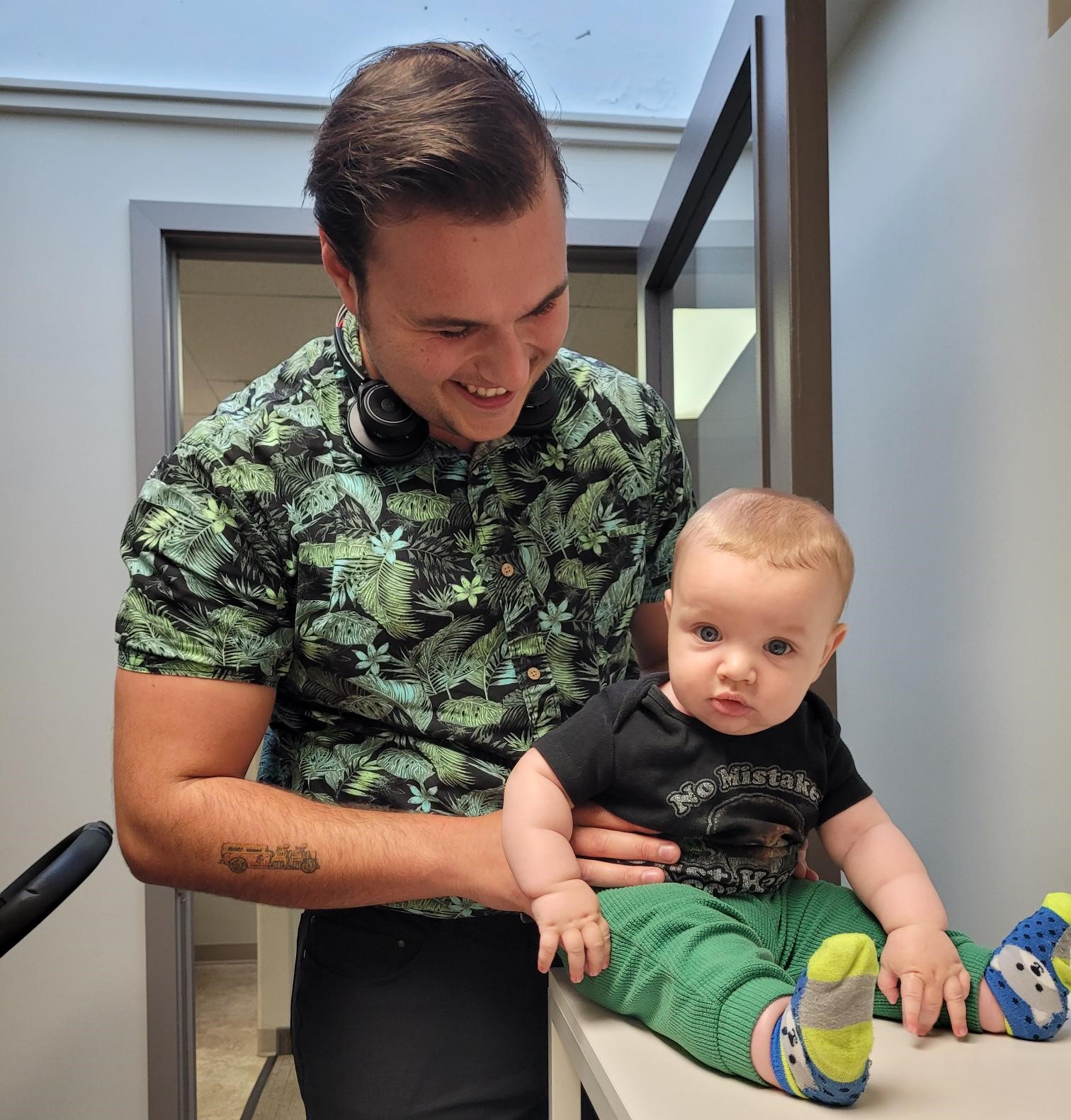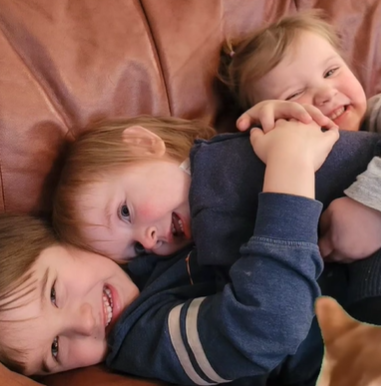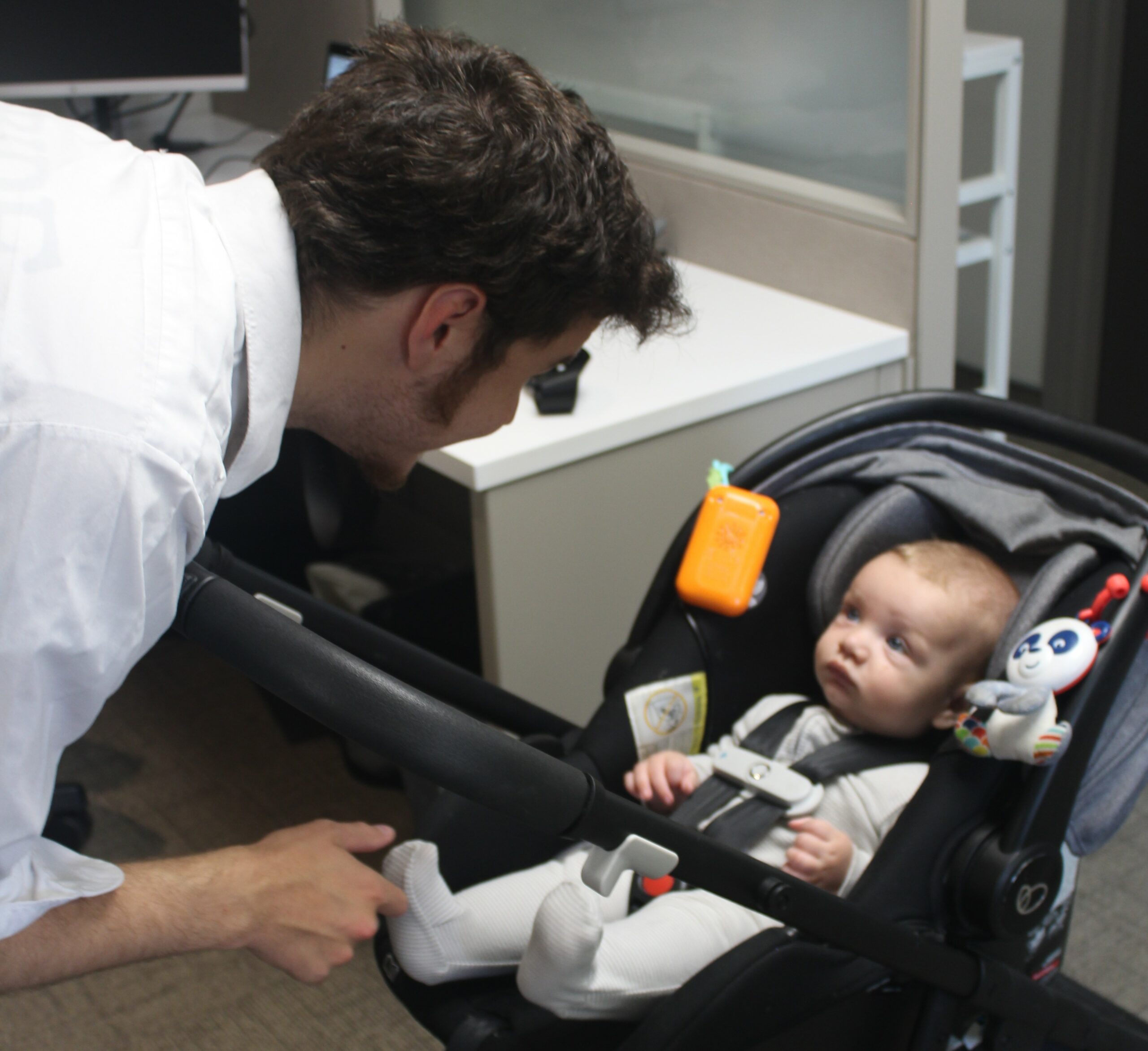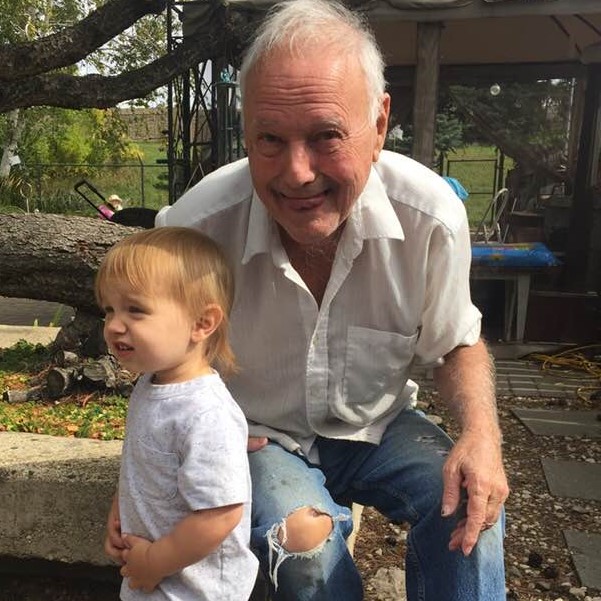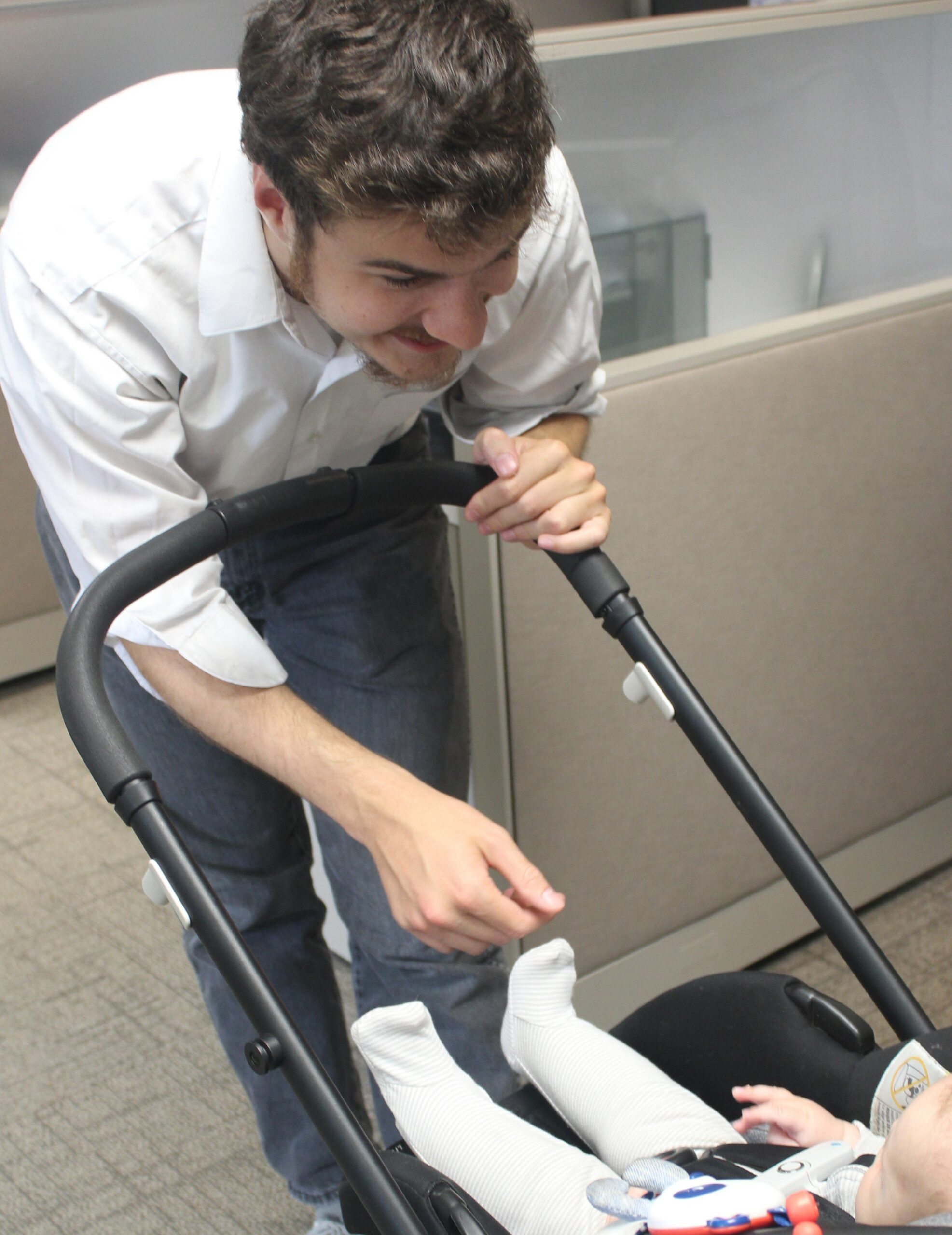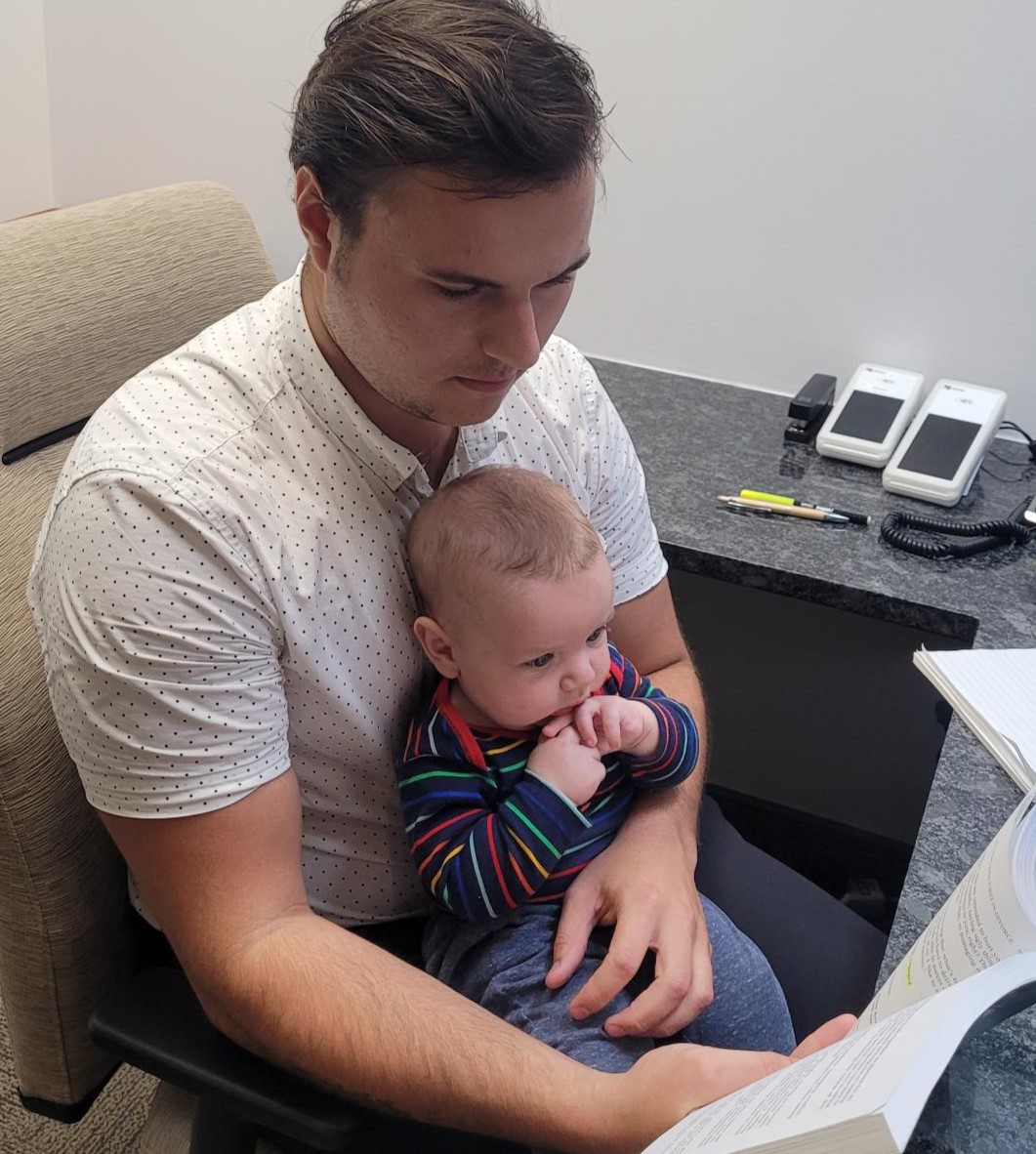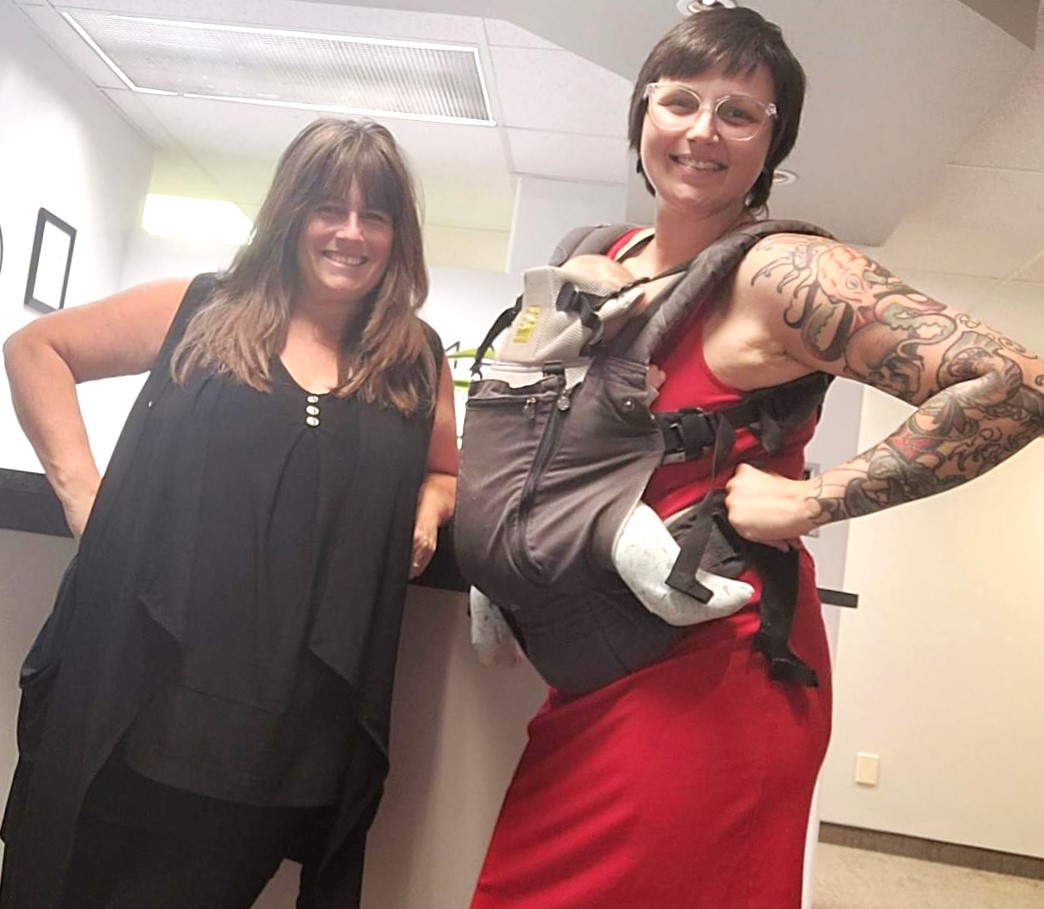Understanding Resilience: What Does It Really Mean for Children in Divorce?
When discussing children and divorce, one word that often comes up is resilience. “Children are resilient”. But what does resilience truly mean? Is it fair to assume that children easily bounce back from the upheaval in their lives, or are we overlooking deeper, more complex emotions? Let’s explore this topic, drawing on insights from our team. Understanding resilience in the context of divorce can shape our co-parenting strategies and better equip us to support the child’s best interests.
What Is Resilience?
Traditionally, resilience is understood as the ability to recover quickly from difficulties. However, during our book club, Rob shared insights from the book we were reading that challenges the common assumption that children are inherently resilient. Are children truly recovering, or are they merely conforming to new realities? The book suggests that labeling children as ‘resilient’ might oversimplify their experience, as they may not fully recover from the disruption of their home life.
As parents, you have a shared responsibility to prioritize your child’s best interests. This responsibility can manifest in various ways: presenting a unified front, avoiding parental alienation, committing to out-of-court conflict resolution, being flexible and adaptable, using effective communication tools, and promoting consistency across homes. These actions help shape the environment in which your children will grow and adapt to their new family dynamics.
“I think the more accurate thing to say is that they are conforming to the new realities, but they don’t necessarily fully recover from the undoing of their home.” – Sara Freed
The Double-Edged Sword of Resilience
The discussion highlighted that children can be both vulnerable and resilient. While children can endure and even thrive after difficult experiences, this resilience doesn’t negate the serious impact those experiences can have on their emotional well-being.
Dyson offered a nuanced perspective: Although children can recover and become functioning, productive members of society, the negative impacts of their experiences shouldn’t be ignored. This understanding is crucial for parents and caregivers, especially when navigating the complexities of divorce.
It’s important to reinforce that all co-parenting decisions should prioritize the child’s best interest. Parents who develop and model emotional intelligence can help their children articulate and manage their emotions during this transition. Otherwise, the resilience children display may become superficial, masking unresolved emotions. Exploring options such as working with a parent coordinator can help provide a stable and supportive environment that fosters genuine well-being. Engaging multiple professionals allows children to express their feelings in a safe space, which is crucial in supporting their vulnerability and bolstering their resilience.
“Children are both vulnerable and resilient… She was resilient, that teenager was resilient, and moved through that really hard situation and came out the other end able to recover… but at the same time, there were serious negative impacts on her…” – Dyson Panko
The Role of Support Networks
Donal shifted the discussion to the importance of support systems. Drawing on the Alberta Family Wellness Institute’s concept of resilience, Donal emphasized the critical role of healthy adults in a child’s life. According to this perspective, resilience is less about an innate ability and more about the external support a child receives.
Involving extended family members in the co-parenting dynamic can be invaluable. Grandparents, aunts, uncles, or other significant adults can provide additional emotional support and stability for your child. When you and your co-parent create a written parenting arrangement, consider the influential and supportive relationships your child has with other adults in their life.
“Children are resilient if they have healthy adults in their lives to support them… giving them the spaces where they feel comfortable and it’s safe to open up about the things that are going on underneath the surface.” – Donal Panko
Balancing Empathy and Expectations
While recognizing resilience is crucial, it’s equally important not to use it as an excuse to downplay a child’s experiences. Donal introduced the idea that parents need to balance empathy with the understanding that, while children can be resilient, they are also deeply affected by their circumstances.
No one is perfect, and we all make mistakes. What matters most in fostering resilience is how we move forward. A shift from blame to responsibility empowers you to make decisions that positively impact your child’s life. Change is possible, and positive change is available with the right support in your co-parenting dynamics. Professionals can help you provide the best possible support for your child.
“This comes back to the self-compassion piece. If you forget the kids are resilient, you might be a little too hard on yourself and be a little too protective.” – Dyson Panko
Conclusion: Approach Your Family Matters with Resilience and Common Sense
Understanding resilience in children, particularly in the context of divorce, requires a nuanced approach. It’s not enough to assume that children will simply “bounce back.” We must recognize the complexity of their emotions and provide the support they need to truly thrive. As our team’s insights reveal, resilience is as much about the environment we create for children as it is about their innate abilities.
If there is one key takeaway from this blog, it’s the importance of being intentional in your co-parenting. If you do not already have a parenting plan in place, consider this a critical tool for ensuring consistency and stability for your children. There are many ways to agree on a parenting plan, such as mediation, which allows you to prioritize what matters most to your family.
Schedule an appointment with our office, and we will help you develop a legal document that empowers both you and your child to experience resilience. Contact Us.
“Resilience is not a thing that you either have or don’t have. The degree to which you are resilient speaks to whether or not the necessary conditions are in place for you to experience resilience.” – Robert Braid
Additional Resources:
- Ten Tips for Separating and Divorcing People | Panko Collaborative Law and Mediation Blog
- What is Common Law Separation | Panko Collaborative Law and Mediation Blog
- How to Divide Property and Assets in a Canadian Divorce | Panko Collaborative Law and Mediation Blog
- Mediation Tips for Divorcing Couples | Panko Collaborative Law and Mediation Blog
- Spousal Support Advisory Guidelines | Government of Canada

